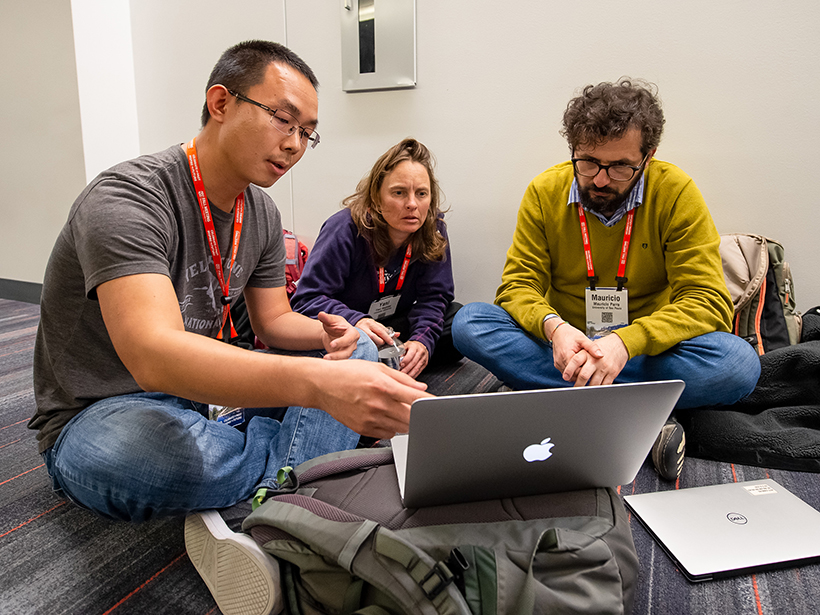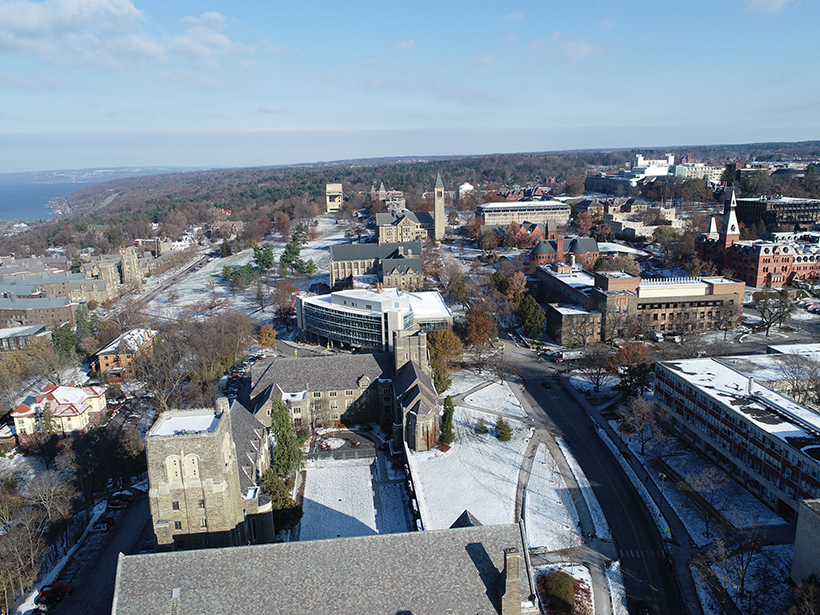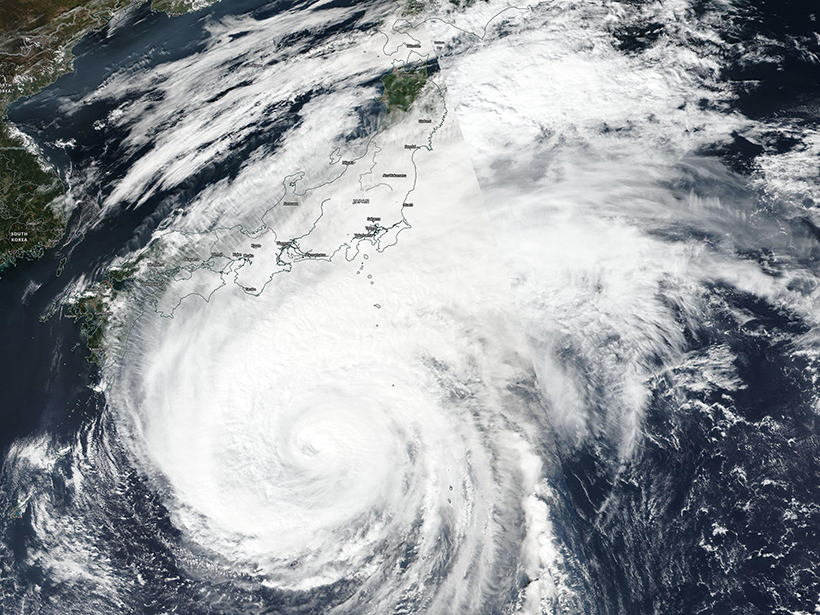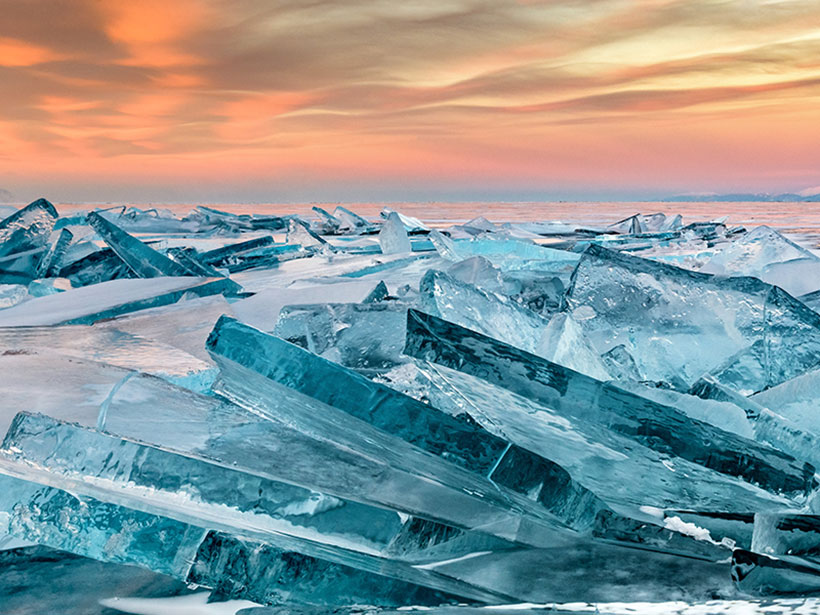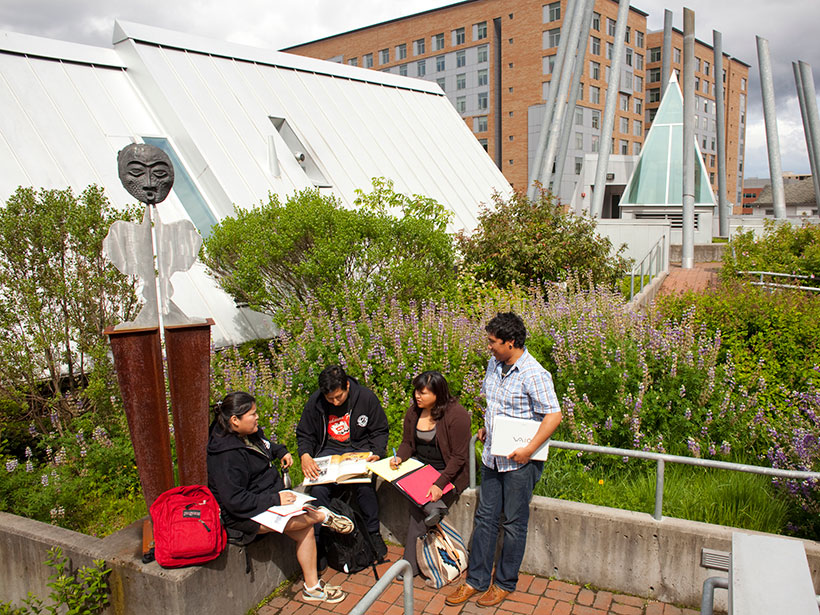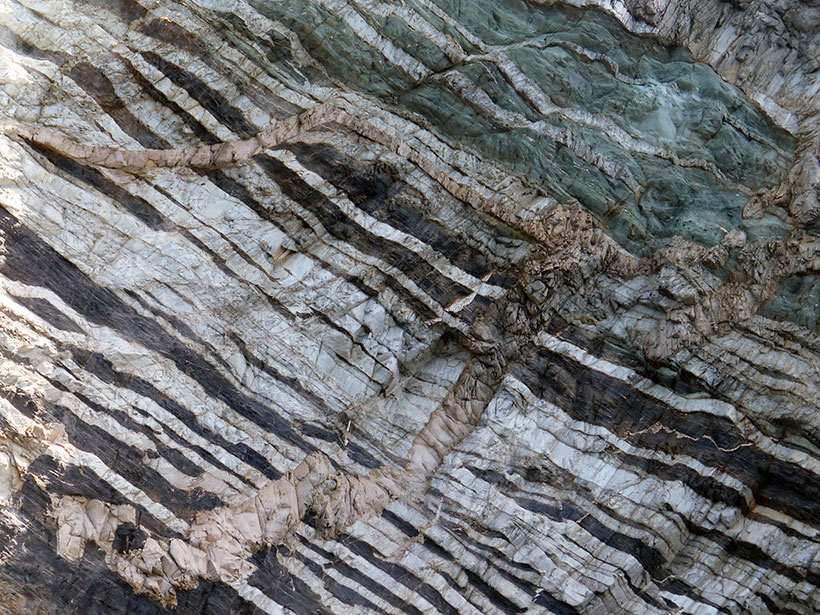Ever since the COVID-19 pandemic imposed on us a virtual existence, conference attendees and organizers have been living out an experiment that will change how scientists gather in the future.
meetings & workshops
Exploring by Boring: Geothermal Wells as Research Tools
As part of an effort to develop a geothermal energy source beneath its campus, Cornell University is planning to probe the “boring” old continental crust upon which many people live.
Planning a Sustainable Future for Earth’s Oceans
Ocean experts are engaged in a long-term effort to envision, develop, and implement best practices for meeting today’s needs while preserving ocean resources for future generations.
Typhoons Getting Stronger, Making Landfall More Often
New research shows a growing threat from Pacific storms amid climate change.
Big Questions, Few Answers About What Happens Under Lake Ice
Scientists long eschewed studying lakes in winter, expecting that cold temperatures and ice cover limited activity below the surface. Recent findings to the contrary are changing limnologists’ views.
A New Vision of Sustainability in Earth Science Education
Following the culmination of an ambitious Earth science education initiative, scientists and educators met to prioritize ways in which education about Earth can foster sustainable societies.
Evolution of the Asian Monsoon
Climate and topography change the characteristics of the Asian monsoon over millions of years. These changes affect the region’s climate and topography, and the cycle continues.
Clearing the Haze Around Aerosol Assessments
An international gathering of scientists discussed the state of the art in assessments of how aerosol particles in the atmosphere affect Earth’s climate.
Modeling Fluid Migration in Subduction Zones
Scientists from different disciplines are working together to identify common challenges in and techniques for modeling fluid migration associated with subduction zone processes.
Hackathon Participants Solve Global Problems—from Home
More than 200 participants from 38 countries joined the virtual INSPIRE Hackathon to solve problems in food security, transportation, and more.

